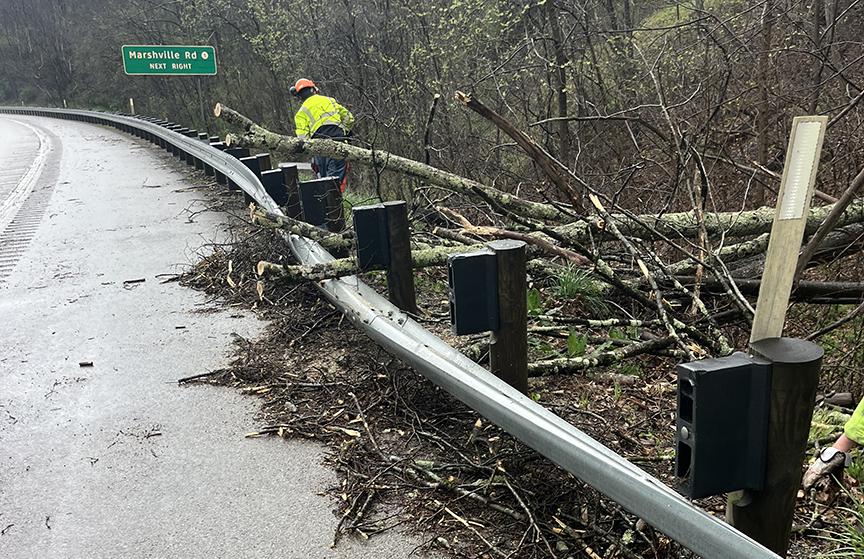Renters and homeowners have just over one week to apply for aid from the Federal Emergency Management Agency (FEMA) over storms and flooding that struck West Virginia on April 11 and 12.
FEMA can help fund basic needs and repair projects spurred by storm damage in Boone, Hancock, Kanawha, Marshall, Ohio, Roane, Wetzel and Wood counties. The funds cannot apply to repairs already covered by insurance.
Residents of Brooke, Doddridge, Gilmer, Lincoln and Tyler counties may also be eligible for public assistance on the state or local level.
President Joe Biden approved FEMA’s disaster declaration for the storms in May, opening affected West Virginia regions to federal aid. Applications for the current round of aid to West Virginia were initially due in September, but the agency extended its deadline to Nov. 2.
This year, FEMA announced it streamlined its disaster aid application process, removing some application requirements.
West Virginia residents may also be eligible for financial support from the United States Small Business Administration (SBA). However, loan offers may be delayed “due to a lapse in congressional funding,” according to the SBA website.
Property and business owners from counties affected by the storm can apply for low-interest disaster relief loans from the SBA to offset financial losses. The deadline to apply for these loans is also Nov. 2.
Individuals seeking FEMA aid can apply online, or over the phone at 1-800-621-3362. For more information on eligibility and financial aid for the April storms, visit the agency’s website.
Individuals interested in applying for SBA loans can also do so online. For more information, residents can also contact the SBA over the phone at 1-800-659-2955, or over email at disastercustomerservice@sba.gov.
